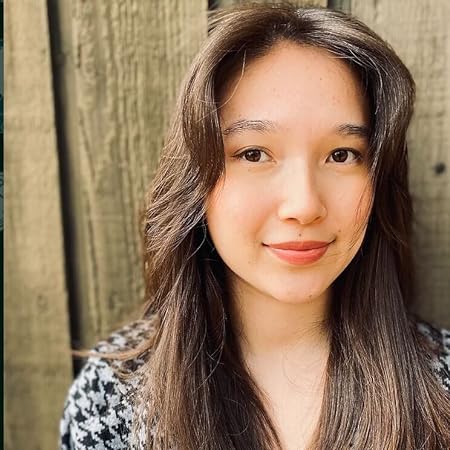
by Michele Kirichanskaya | Apr 11, 2025 | Blog
Sophie Kim is the #1 Sunday Times bestselling author of The God and the Gumiho. She has a penchant for writing stories that feature mythology, monsters, mystery, and magic. Her work includes young adult novels such as the Talons series and books on the adult spectrum...
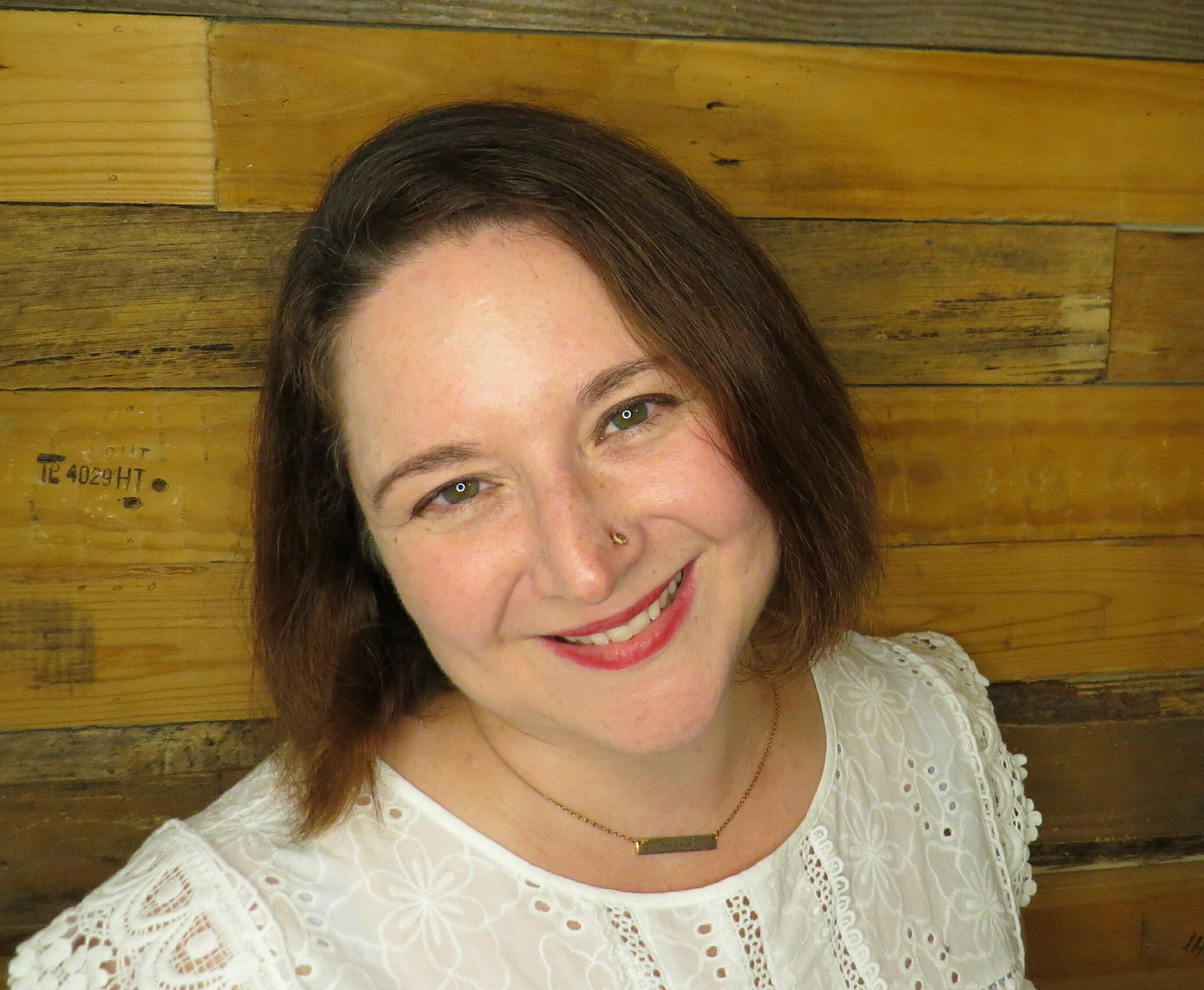
by Michele Kirichanskaya | Mar 26, 2025 | Blog
Jamie Pacton is an award-nominated young adult and middle grade author, who writes swoony, funny, magical books across genres. When she’s not writing, she’s teaching college English, obsessively reading obscure history, hiking, baking, or playing video games. Her...
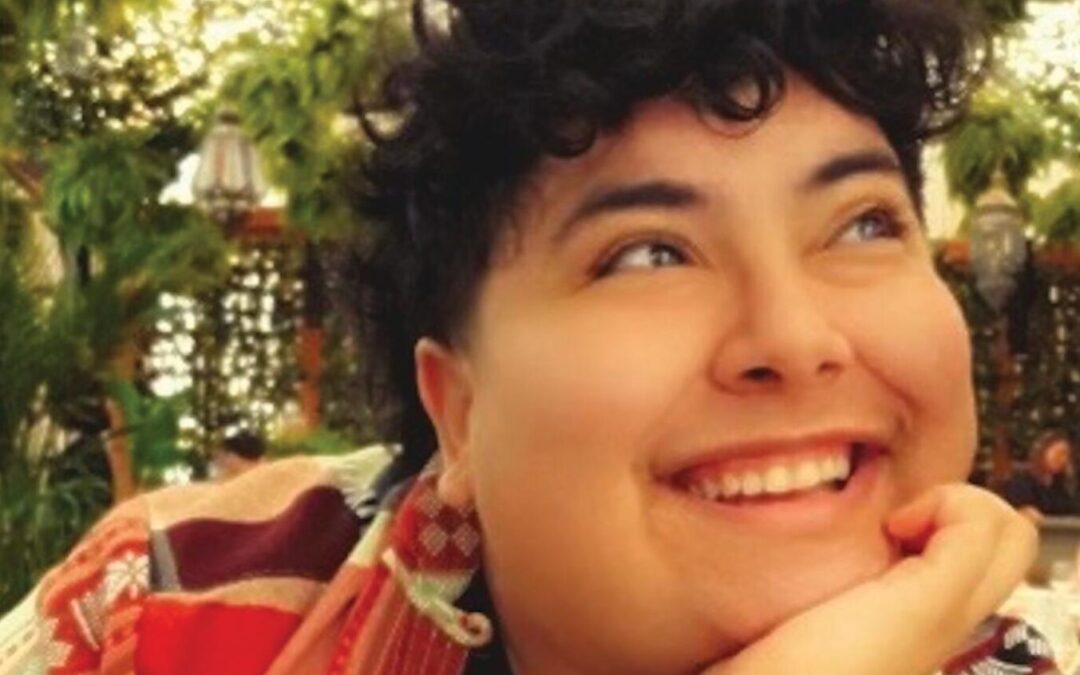
by Michele Kirichanskaya | Feb 22, 2025 | Blog
Born and raised in Arizona, Sonora Reyes is the author of The Lesbiana’s Guide to Catholic School and The Luis Ortega Survival Club. They write fiction full of queer and Latinx characters in a variety of genres, with current projects in both kidlit and adult...
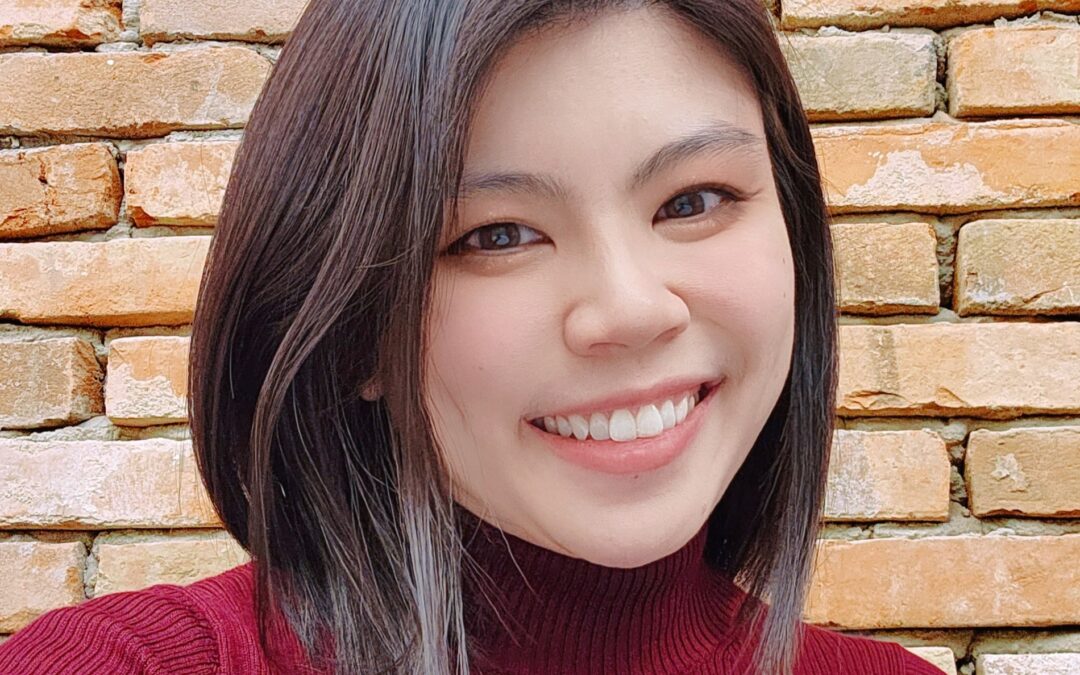
by Michele Kirichanskaya | Feb 19, 2025 | Blog
Amber Chen is a Singaporean-Chinese author of SFF and contemporary fiction. She spends much of her free time living within Chinese fantasy novels and dramas and also drinks one too many cups of bubble tea. One of her webnovels, The Cutting Edge, has been adapted for...
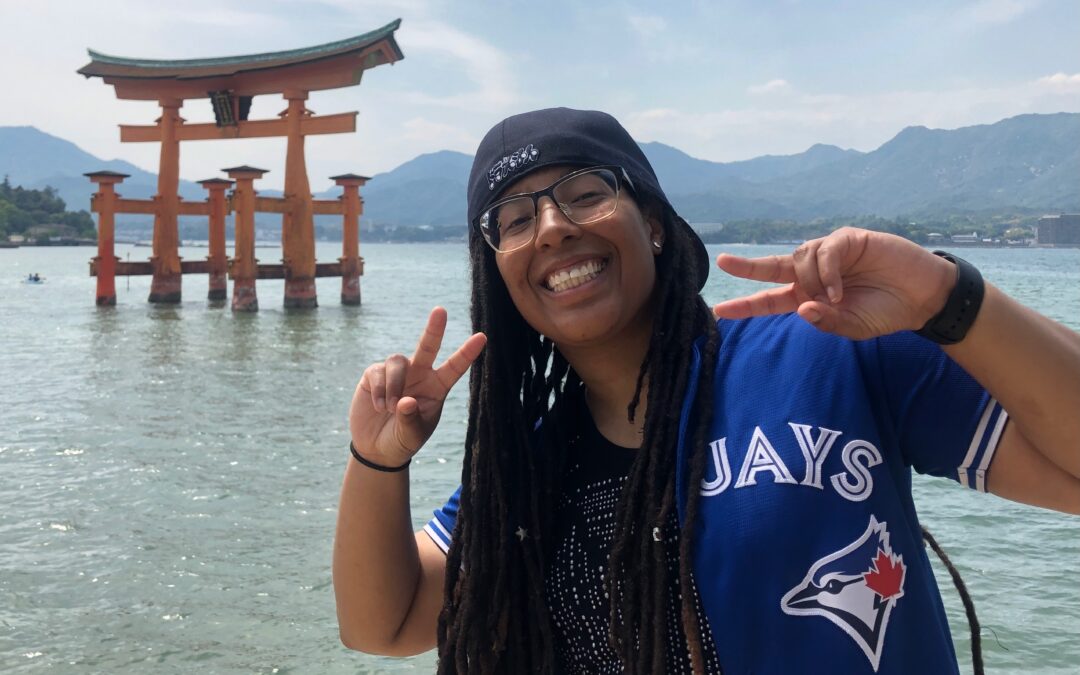
by Michele Kirichanskaya | Jan 29, 2025 | Blog
M.C. Hutson is a booktoker, author and host of A Very Sapphic Podcast. She was born and raised in Toronto, Canada. When M.C. isn’t reading, reviewing, writing or talking about gay shit on her podcast, you can find her in the kitchen replicating recipes she finds on...






